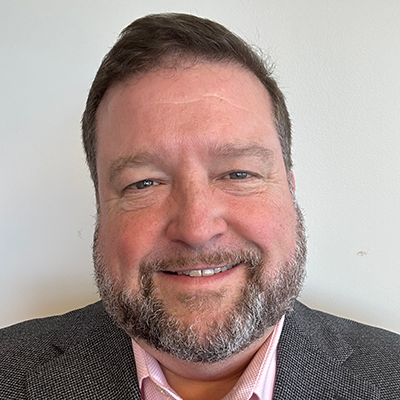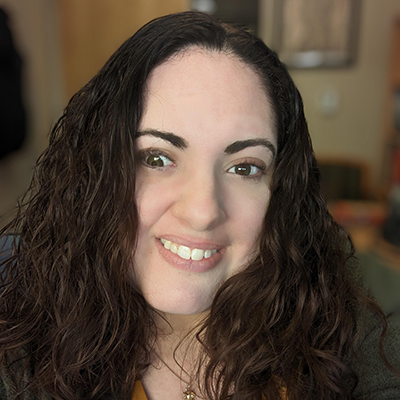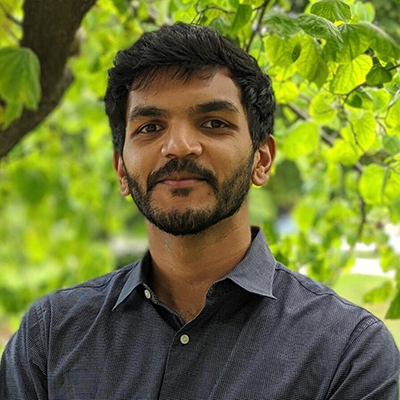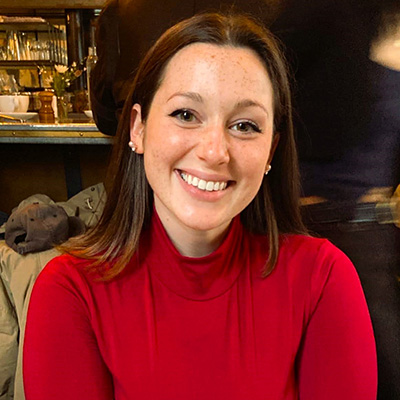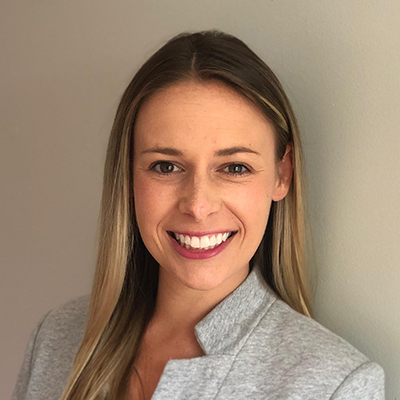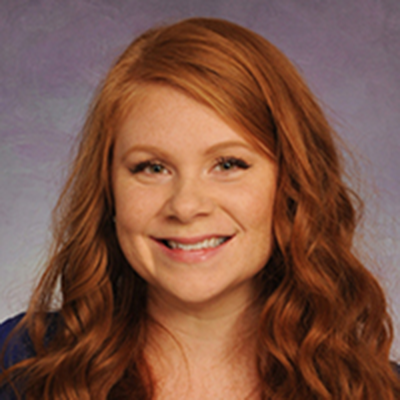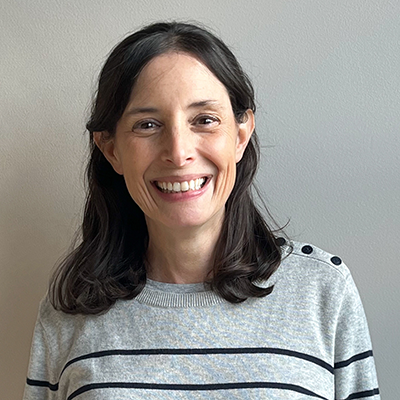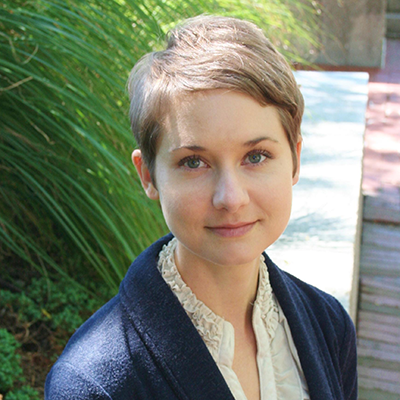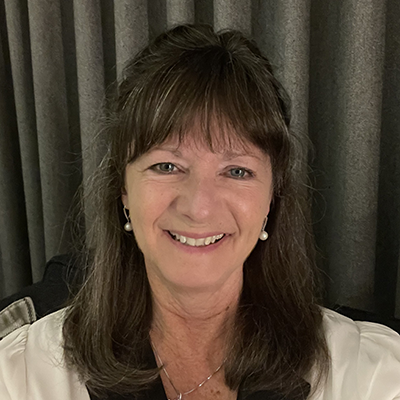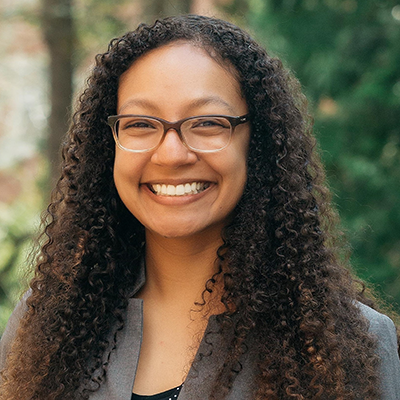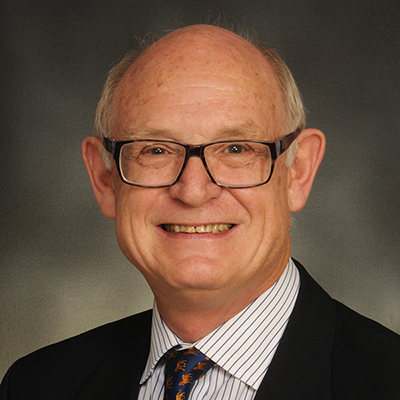November 6-7, 2024
Virtual 2024 Symposium on Substance Use Research
Register Call for Abstracts Contact Us
About the Symposium
The annual Symposium on Substance Use Research (SOSUR) focuses on leveraging research, knowledge, and insight on substance use from across the country. This year it will be held on November 6-7, via Zoom. The virtual format will include expert keynotes, panels, and research presentations on a wide variety of substance use topics (see below for the agenda.) There is no cost to attend and it is open to the public.
2024 SOSUR will be co-hosted by:
- the Rural Drug Addiction Research (RDAR) COBRE
- the COBRE on Opioids and Overdose
- the West Virginia Clinical and Translational Science Institute (WVCTSI)
- the West Virginia INBRE (WV-INBRE) at Marshall University
- the COBRE Center for Addiction and Disease Risk Exacerbation (CADRE) at Brown University
About our Partnership

In September 2019, two newly funded COBREs (the COBRE on Opioids and Overdose at Rhode Island Hospital and the Rural Drug Addiction Research COBRE at the University of Nebraska-Lincoln) began small efforts to collaborate with one another, with the intention of increasing access to research around substance use and addiction science more broadly. This started with phone calls between Center PIs and administrators and quickly expanded to shared programming, as we saw synergies across almost all areas of our work. Our early goal to share information across COBREs has grown into a significant partnership that includes hosting joint seminars, events, workshops, trainings, and our annual symposium.
During the organization of our first virtual symposium in 2020, a third collaborator emerged and the symposium expanded to include the expertise and support of an IDeA-CTR: the West Virginia Clinical and Translational Science Institute (WVCTSI). In planning for our second virtual symposium in 2021, the COBRE for Addiction and Disease Risk Exacerbation (CADRE) at Brown University and the West Virginia INBRE joined as symposium sponsors. Their addition expanded our efforts to include all three types of IDeA-funded programs and increased opportunities to collaborate on substance use-focused research and intervention development across our institutions. We are excited to announce that the Virtual 2024 Symposium on Substance Use Research will again include participation from these five partners.
We are appreciative to all of the faculty, staff, and students who have contributed to this joint endeavor and who have engaged in this knowledge-sharing effort. We hope that this partnership will increase future collaborations across our programs and continue to grow our collective memberships as we build on the resources and expertise that the COBRE, CTR and INBRE programs provide. We look forward to expanding these partnerships, as we grow our successful IDeA-State collaborations with other centers across the US in the coming years.
The Symposium Agenda
Day One: Wednesday, November 6, 2024
9:00am – 10:00am CT (10:00am – 11:00am ET)
Keynote 1
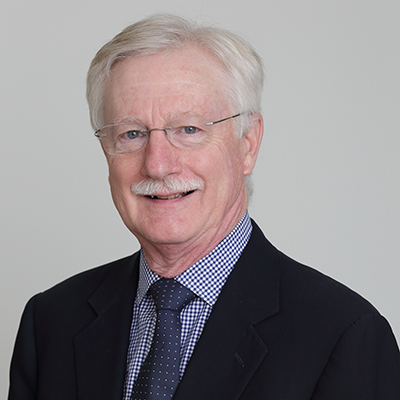
George Koob, PhD, Director of the National Institute on Alcohol Abuse and Alcoholism (NIAAA) | "Changing the Conversation about Alcohol in the United States"
In this keynote, Dr. Koob will explore the extent of the pathophysiology associated with alcohol misuse and alcohol use disorder, the challenges in addressing alcohol misuse and closing the treatment gap, and the resources available from NIAAA with particular emphasis on the Health Care Professional’s Core Resource on alcohol.
George F. Koob, PhD, is an internationally-recognized expert on alcohol and stress, and the neurobiology of alcohol and drug addiction. He is the Director of NIAAA and also a Senior Investigator at the National Institute on Drug Abuse where his laboratory is studying the neurobiology of drug and alcohol addiction.
10:30am – 11:30am CT (11:30am – 12:30pm ET)
Panel Discussions
1A: Use & Misuse of Plant-Based Drugs
1B: Women's Health
